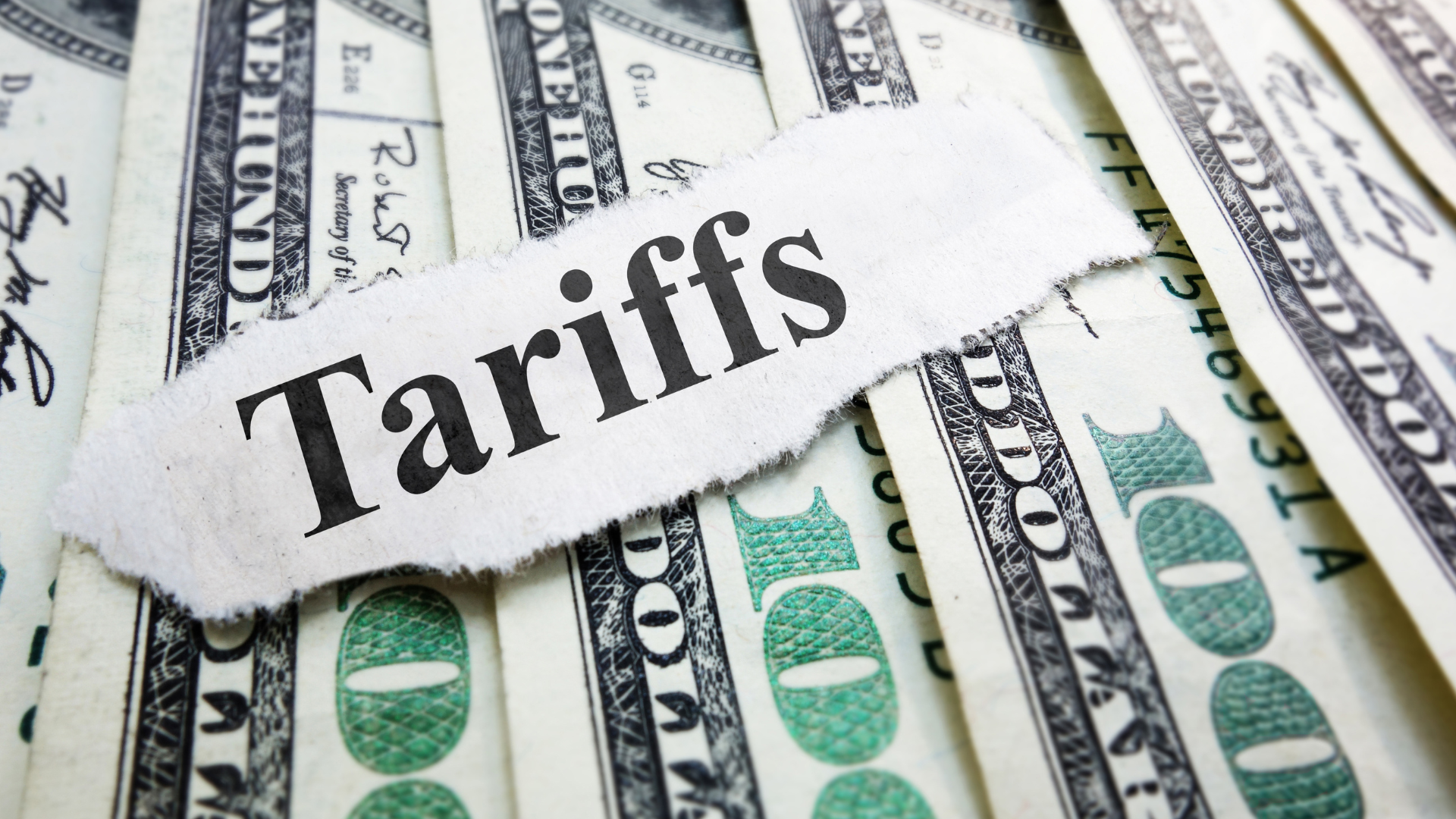The U.S. remains committed to its current timeline for aluminum and steel tariffs, according to Commerce Secretary Lutnick, who confirmed that former President Donald Trump would not alter the schedule if he were to return to office. Speaking at a trade policy event, Lutnick emphasized that the tariffs, originally introduced during Trump’s first term, are considered essential to protecting domestic industries and maintaining a competitive edge against global manufacturers.
The statement comes amid ongoing debates over U.S. trade policy, with businesses and foreign partners closely watching how tariffs might evolve under different leadership. Trump’s administration had first imposed the levies on metal imports to counter what it described as unfair competition, particularly from China and the European Union. While some industry leaders argue that the measures have stabilized the U.S. steel sector, critics warn that prolonged tariffs could lead to higher costs for manufacturers and strained international relations.
Market reactions to Lutnick’s comments were immediate, with shares of major steel and aluminum producers seeing modest gains in early trading. Investors appear to be factoring in the possibility that protectionist policies will remain in place, reinforcing demand for domestically produced metals. However, global suppliers and trade groups have continued to push for a reassessment of the tariffs, arguing that they create supply chain inefficiencies and risk retaliatory measures from affected nations.
Despite these concerns, Lutnick insisted that the strategy remains a long-term effort to secure American manufacturing interests. He pointed to previous policy outcomes, suggesting that the tariffs had prevented foreign dumping practices that threatened U.S. jobs. Still, analysts believe that a potential second Trump administration would face pressure from both businesses and international allies to reconsider elements of the trade strategy.
Trade experts note that while the Biden administration has adjusted some tariff structures and negotiated agreements with key partners, the broader framework of Trump’s trade policies has largely remained intact. The ongoing policy continuity suggests that no matter who wins the next election, the steel and aluminum industries will remain central to U.S. economic and geopolitical discussions.
With global trade tensions continuing to shift, many are watching whether Trump’s expected policies will lead to further economic volatility or reinforce domestic manufacturing. As the 2024 election approaches, businesses, policymakers, and foreign allies are bracing for the potential impact of a White House that remains committed to keeping tariffs in place.
















